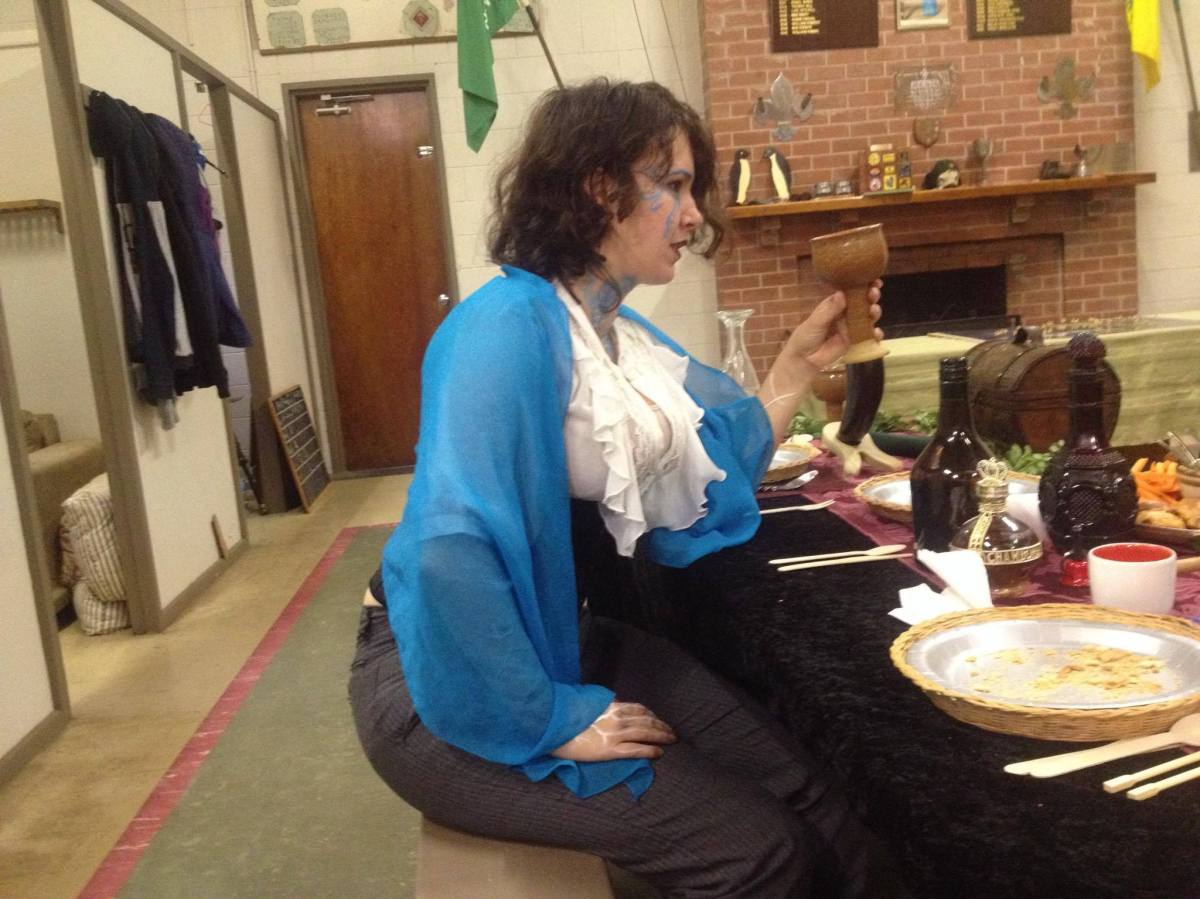Bleed is a LARP term defining emotional crossover between a player and their character. It’s not a bad thing. The rush of excitement on finding an important gadget and the satisfaction of an in-game job well done are also bleed. Bleed can also occur when our experiences affect our character’s behaviour such as when a player’s exhaustion leads to their typically free-wheeling character becoming quiet and withdrawn.
Other emotions such as fear, guilt and sorrow can also be entertaining experiences in a LARP that help us feel immersed. There are plenty of players who will specifically attend a LARP that is designed to invoke an emotion that we may typically avoid in real life. How many people attend horror LARPs for the possibility of feeling, just for a moment, a whiff of actual fear?
The problem arises when these emotions overwhelm us or when they persist over time. It is one thing to feel sad during a character’s funeral and it’s another thing altogether to be crying over a fictional death a few weeks later. Yet just as events in a television show can affect us long after we have stopped watching, so can a LARP continue to affect our emotions well after the scene ends.
Continue reading “Managing Bleed Through Game Design”




